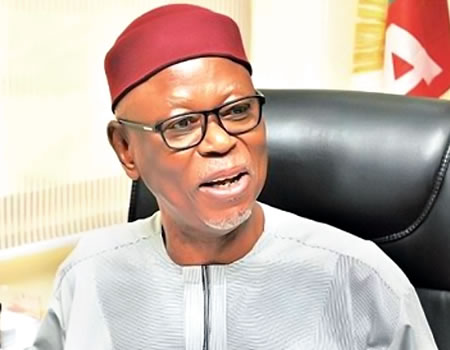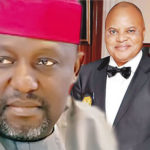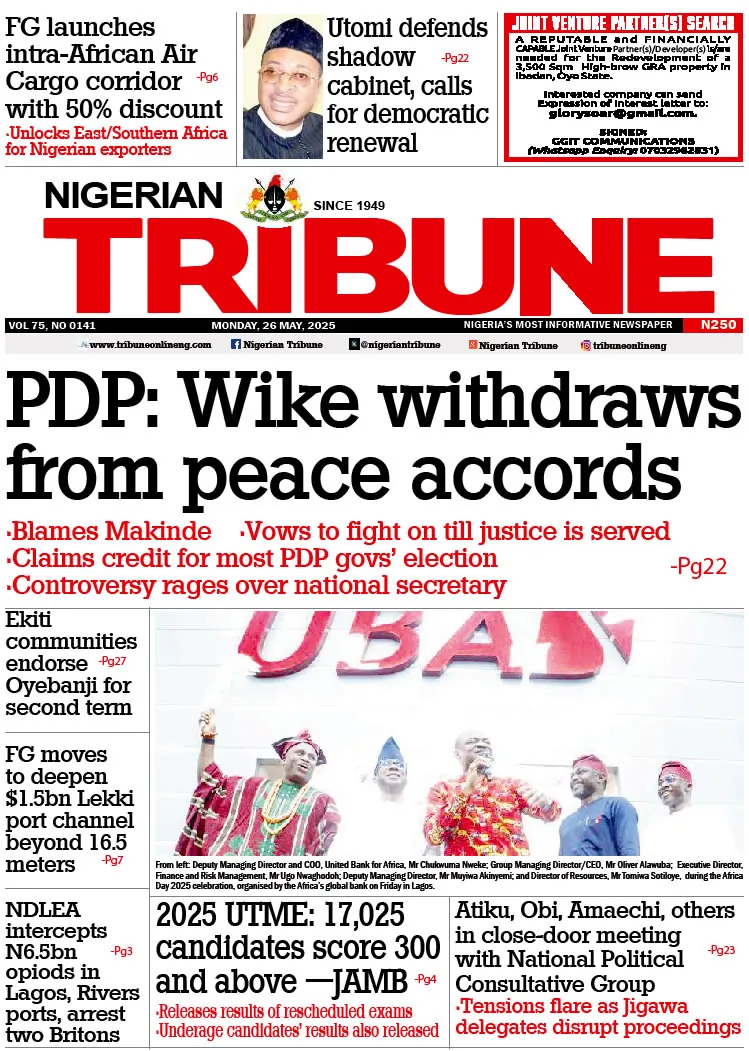
AS the countdown to the 2019 election progresses, the country is already awash with intense horse-trading among key actors in the political arena. In the midst of the intensity of the horse-trading is a recurring poser among majority of Nigerians. What significant impact have the political leadership brought to bear on the lives of the ordinary man in the country?
In 19 years of civilian rule, the nation has been going through a vicious cycle. Critical issues of governance remain constant. From the era of President Olusegun Obasanjo to late President Umaru Yar’Adua, down to that of President Goodluck Jonathan and now President Muhammadu Buhari, Nigeria’s path on its quest for nationhood remain filled with landmines making the country perpetually teetering.
Curiously, the current administration of the All Progressives Congress (APC), led by President Buhari, had premised its road to victory at the poll to a paradigm shift. Its change mantra had elicited hope of a better days in no distant time. Three years down the line, the change agenda seems wrought with problems, as the nation’s landscape is gripped by lamentations about the rising cost of living, loss of job, youth unemployment, and insecurity of lives and property.
In the seat of power, it has been a season of cacophonies among the key government functionaries on the rating of the Buhari government in all sectors. Even the president had spoken with both sides of the mouth on the performance of his government in the last three years. In one breath, he beat his chest over what he perceived as the incredible strides/achievements of his administration. In another, he admitted the obvious shortcomings of his government based on the change agenda of his party.
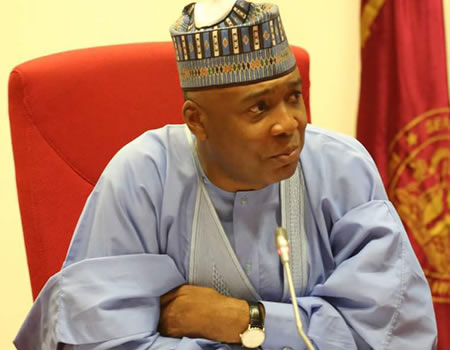
For instance, he chose the inauguration of the National Food Security Council at the Presidential Villa, Abuja not too long ago to underscore that fact. He said: “Nigeria’s journey in the last three years, has been a very turbulent one. The country’s need for critical job creating sectors which has been ignored for decades is now beginning to yield results.”
But, the president quickly explained that there was bright light at the end of the tunnel because of some far-reaching policies and programmes of his administration. “These programmes and many more have started yielding results and if sustained, will transform the lives of millions of Nigerians across the country. We are well aware that the full results will not be felt or seen overnight. The journey is long,” he warned.
Indices on the economy give a thumb down for the government, as inflation has dealt a devastating blow on the purchasing power of the people. Increasing job losses and unemployment among the youths have culminated in frustration and anguish across the country with the concomitant rise in banditry. Issues bordering on malfeasance and lack of transparency constitute a sore point in the fight against corruption among public officials, just as epileptic power supply had led to close to 500 manufacturing firms shutting their factories. The seeming resurgence of insurgency in the North-East threw spanner into the works in the battle against Boko Haram after the government claimed the sect had been degraded and defeated with the symbolic handing over of the flag of the sect to President Buhari. The security issue was compounded by the ruinous activities of armed herdsmen, who have unleashed terror in parts of the country, killing, maiming and raping women and girls, as well as burning down human settlements and destroying farmlands.
Cries of marginalisation have equally fuelled sustained campaigns for restructuring of the country. Various groups and eminent persons have consistently decried what they regard as the lopsided appointments being carried out by the administration. Ethnic nationalities from at least four of the six geopolitical zones in the country have stepped up their agitations for restructuring, saying the existing structure promotes injustice. But, the government has played hide and seek on the issue of restructuring, despite the fact that it is one the cardinal issues in the manifesto of the APC.
The government, however, once gave a detailed account of the achievements of the president. The list reads: The achievements read in part: “Nigeria exited its worst recession in decades. After five quarters of negative growth, the economy bounced back into positive territory. Agriculture was one of the stars of 2017, posting consistent growth levels even throughout the recession. Also, inflation fell for 10 consecutive months during 2017 (February to November).
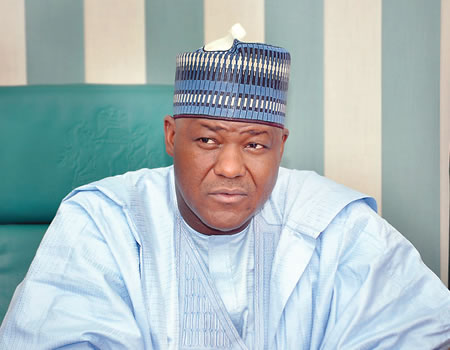
“The Naira stabilised against the dollar, after the Central Bank introduced a new Forex window for Investors and Exporters. The stability has attracted billions of dollars in portfolio investments since April 2017.
“On the back of a stable Naira and increased investment inflows, Nigeria’s stock market emerged one of the best-performing in the world, delivering returns in excess of 40 per cent.
“Nigeria saw bumper food harvests, especially in rice, whose local production continues to rise significantly (states like Ebonyi, Kebbi, Kano leading the pack, with Ogun joining at the end of 2017). The price of a 50kg bag of rice – a staple in the country – has fallen by about 50 per cent as local production has gone up.
“The Federal Government launched a N701 billion Intervention Fund (‘Payment Assurance Programme’) aimed at supporting power generation companies to meet their payment obligations to gas and equipment suppliers, banks and other partners.
“The impact is being felt, the amount of power being distributed is now currently steady at around 4,000MW and generation now put at 7,000 MW, higher than ever recorded.
“Nigeria rose 24 places on the World Bank’s Ease of Doing Business rankings, and earned a place on the List of Top 10 Reformers in the world.
“Nigeria’s foreign exchange reserves grew $40 billion, reaching the highest level since 2014. Nigeria also added, this year, an additional $250m to its Sovereign Wealth Fund. Also, Nigeria’s trade balance crossed over into surplus territory, from a deficit in 2016.’’
“The number of Nigerians facing food insecurity in the northeast dropped by half, according to the Food and Agriculture Organisation (FAO).
“The Nigeria Customs Service recorded its highest-ever revenue collection, crossing the One Trillion Naira (N1,000,000,000) mark. (The target for 2017 was 770 billion Naira (N770,573,730,490); 2016 Collection was just under 900 billion (N898,673,857,431.07).
“The Joint Admissions and Matriculation Board (JAMB), under the new management appointed by President Buhari in 2016, remitted N7.8 billion to the coffers of the federal government. The total amount remitted by JAMB between 2010 and 2016 was N51 million.
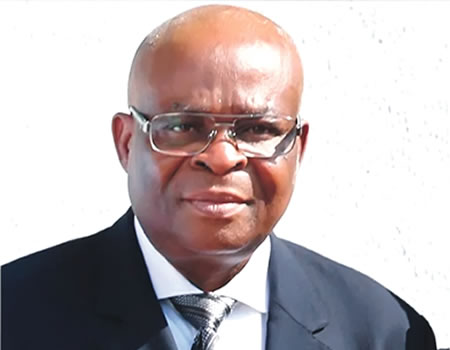
“2017 was also the Year of Nigeria’s Agriculture Revolution, embodied by the successes of the Presidential Fertiliser Initiative (PFI) and the Anchor Borrowers Programme. More than a dozen moribund fertiliser blending plants were revived under the PFI this year.
“Finally, this administration has laid the foundation for a 2018 that will be Nigeria’s Year of Infrastructure. A number of important infrastructure projects, in power, rail and road, are scheduled to come on-stream or inch close to completion next year.’’
In spite of having exited from recession, the World Bank believes that it is not yet Uhuru for Nigeria. “In Nigeria, the economy is projected to grow 2.1 percent in 2018 and 1.9 percent in 2019 (up from 0.8 percent in 2017), reflecting improved oil prices, revenue, and production and recently introduced foreign exchange measures that contribute to better foreign exchange availability,” it said in its latest report on the country.
Similarly, the International Monetary Fund (IMF), which has for the umpteenth time drew attention to rising debt profile of the country cautioned: “The ratio of Federal Government interest payment on debt to revenue is extremely high, 63 per cent. So there is a need to build revenue so that you have more space to spend for infrastructure, social safety nets etc otherwise interest is eating up most of your revenue. “So building revenue is key and how do you do
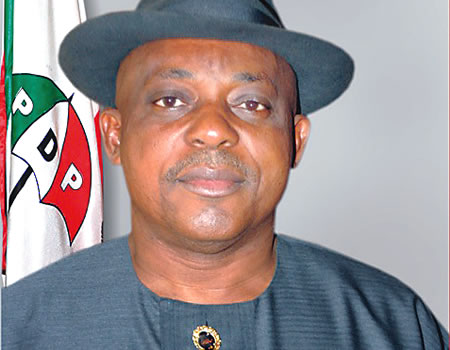
that? The recommendation in the IMF staff report is to broaden the tax base by removing exemptions, to rationalize tax incentives, in particular, to strengthen tax compliance and our recommendation to raise the VAT rate.”
ALSO READ: 2019: PDP accuses APC of dubious achievement claims
The organisation had also noted that Nigerians were getting poorer even after the country had exited from recession. According to the IMF, “Higher oil prices would support a recovery in 2018 but a ‘muddle-through’ outlook is projected for the medium term under current policies, with fiscal dominance and structural constraints leading to continuing falls in real GDP per capita.”
With the elections less than a year, the IMF cautioned that “Further delays in policy action, including because of pre-election pressures, can only make the inevitable adjustment more difficult and costlier.”
Thus regardless of what the government might claim as its achievements or what its critics have been reeling off as its failure, it is millions of poor Nigerians who have remained at the receiving end. Indeed as many reports have indicated more and more Nigerians are joining the pool of economically disillusioned citizenry who have lost the means of livelihood as a result of the nation’s economic woes.

